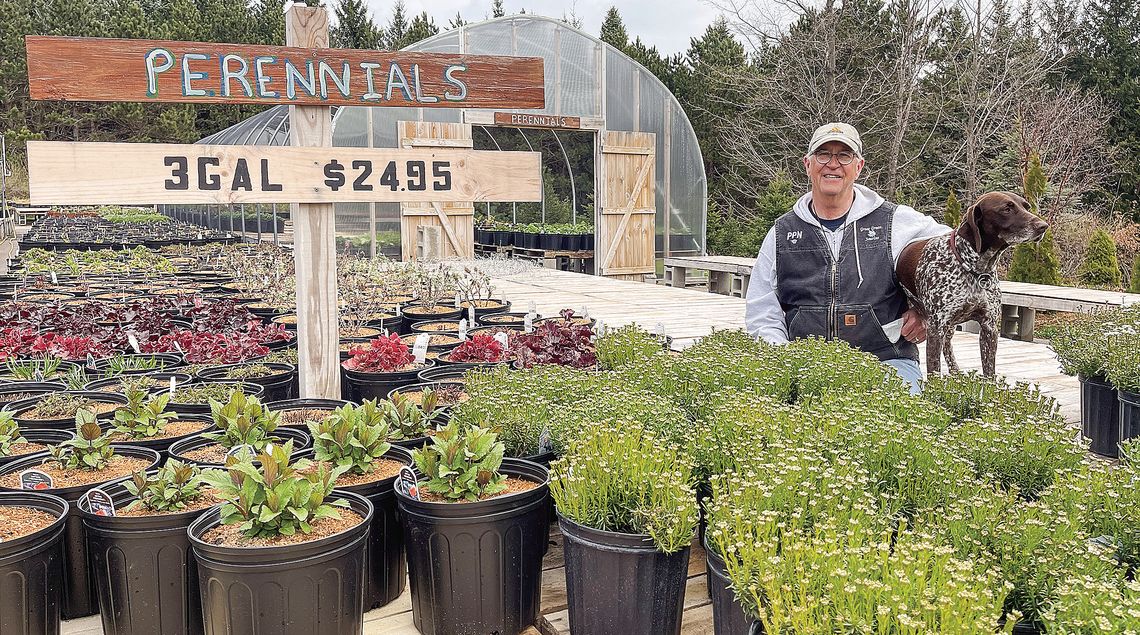After a long and cold winter season, it’s no surprise that people are excited to get back outside to plant their gardens in warmer temperatures.
Local nursery owners like Betsy Ernst of Peninsula Perennial Nursery, have seen growing interest in gardening in recent years, and said it’s just one of those activities in life that people can continue finding joy in.
“In spring, everyone is so eager to get out and get their hands dirty in the soil and get outside and see things flowering,” Ernst said. “Up here, you can plant all summer long and fall is another really good time for planting… you get to see something grow in front of you and it produces enjoyment, so it’s one of those things that you can really do yourself and get a lot of satisfaction out of, and you’re supporting the environment and giving back to the earth, and I think that’s what’s so great about it too.”



